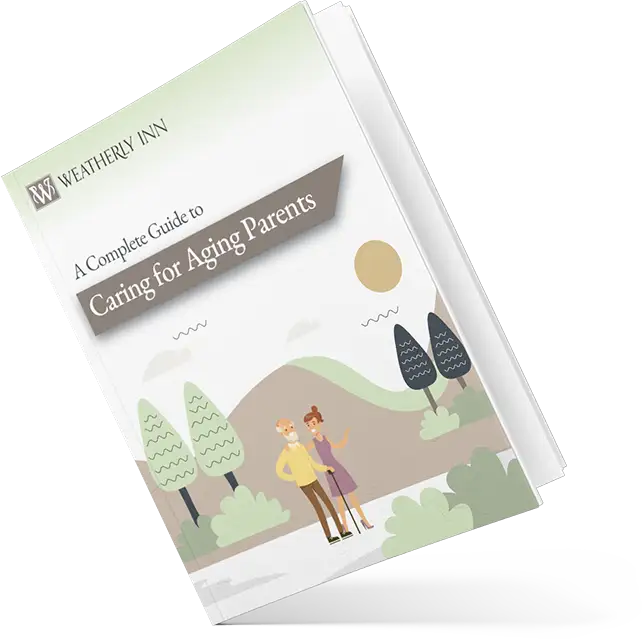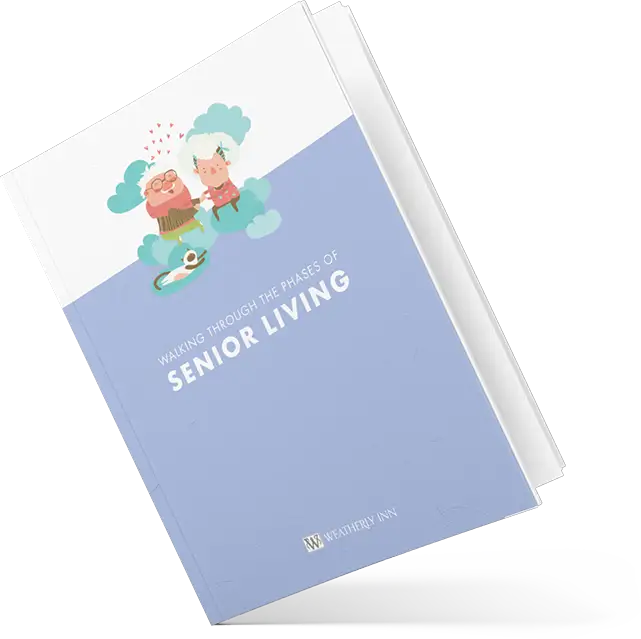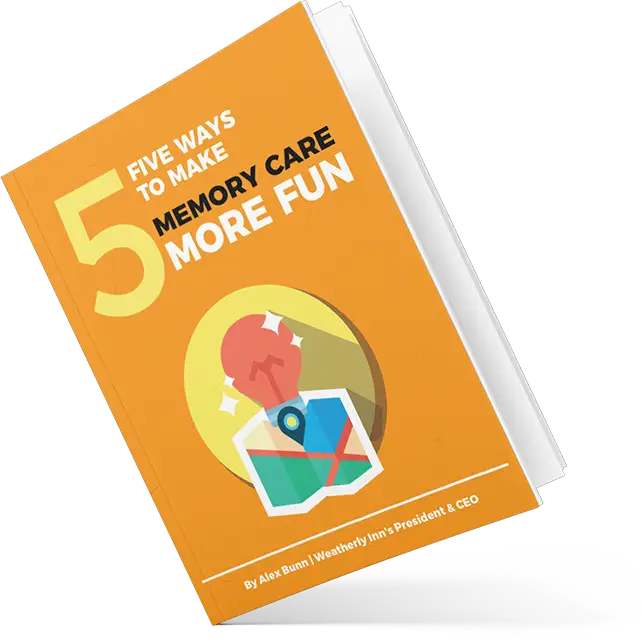August 28, 2025
As we age, the brain, like the rest of the body, changes. While some changes are a normal part of the aging process, others, like cognitive decline or memory loss, can be slowed or even partially reversed through the right kinds of activities. Supporting brain health in aging adults both aids in avoiding disease and enhances quality of life, independence, and joy in daily living. Here, we’ll explore the most effective cognitive exercises, from science-backed brain training to lifestyle approaches that work together to preserve mental sharpness.
Understanding the Aging Brain
What Changes Occur in Cognitive Function with Age?
With age, the brain experiences physical and chemical changes that can affect processing speed, executive functions, and memory. Neuroplasticity, the brain’s ability to form and reorganize connections, remains throughout life, but it requires stimulation to stay active. Think of it like a muscle. The more a muscle is exercised, the stronger it gets, but when that muscle sits dormant for too long, it begins to atrophy. The same can be said about the brain.
Reduced blood flow, chronic conditions like high blood pressure, and lifestyle factors can all impact brain function.
Why Mental Stimulation Matters
Research consistently shows that engaging the brain in new and challenging ways can improve cognitive functions such as attention, reasoning, and memory. For older adults, this means that with the right mental activities, cognitive decline can slow, moods can rise, and mental health can even improve.
Limitations of Brain Training
Brain games alone aren’t a panacea. While computerized programs may encourage specific skills, the best results show up when cognitive training is paired with a healthy lifestyle. No person, young or old, can function well without physical activity, social engagement, and healthy lifestyle habits.
Evidence-Based Cognitive Exercises
Computerized Brain-Training Games
Digital programs can target areas like processing speed, working memory, and problem-solving. Studies suggest benefits in executive functions, especially when these activities are part of a consistent routine.
Word and Number Puzzles
Puzzles are another great way to exercise that cognitive muscle. Crosswords can delay memory decline by about 2.5 years when done regularly, and sudoku or other number puzzles are linked to cognitive performance equivalent to someone up to eight years younger. These activities stimulate problem-solving, logical thinking, and recall, which are all important components of brain health.
3D Video Games and Spatial Activities
Certain 3D games, such as puzzle-based adventure or navigation games, have been shown to boost recognition memory and sustain gains longer than simpler, 2D games.
Physical Exercise for Brain Health
Staying physically active supports brain health by increasing blood flow, reducing stress, and enhancing the release of neuroprotective chemicals. Aerobic activities like walking, resistance training, and even gardening are tied to improved cognitive performance and reduced risk of Alzheimer’s disease.
Creativity, Arts, and Movement
Creative activities like painting, music, dance, and even coding can boost brain function, mood, and adaptability. Dance, in particular, combines movement, music, and memory in a way that stimulates certain cognitive domains and benefits balance and mood.
Innovative and Emerging Approaches
VR Games
Technology is introducing new ways to enhance cognitive engagement. Virtual reality programs designed for older adults can offer immersive environments that challenge spatial awareness, memory, and problem-solving. For example, VR exergames, which are physical games played in a virtual environment, can improve attention and navigation skills. Some programs focus on wayfinding tasks that mimic real-world navigation, helping participants maintain spatial cognition.
Nature-Based Experiences
If at all possible, experiencing the outdoors offers many benefits for people of all ages. However, for individuals with limited mobility, immersive VR environments depicting nature can lift mood, reduce stress, and increase engagement with the surrounding world, even if the experiences occur indoors.
Cognitive Rehabilitation Techniques
Cognitive rehabilitation is a targeted approach often used in health care settings to address specific cognitive deficits that may result from conditions such as traumatic brain injury, stroke, or progressive memory loss. These exercises are designed to help individuals recover or strengthen skills such as memory, attention, reasoning, and problem-solving.
Examples of this might include memory care exercises that use mnemonics or associations, concentration exercises, and task sequencing. Even structured board games that require strategic thinking and planning can serve as effective rehabilitation tools, particularly when they include a social component that encourages conversation and collaboration.
Structuring a Balanced Brain-Health Routine
A successful brain-health routine integrates mental, physical, creative, and social activities in a way that feels sustainable and enjoyable. A person might begin the day with a brisk walk. Later in the day, they might spend time solving puzzles or practicing a new language. The weekly classes in painting, music, or dance that they might participate in add creative enrichment and regular social interactions to their life, reinforcing emotional well-being.
Consistency matters. Research suggests that aiming for at least 150 minutes of moderate physical activity each week, engaging in daily mental exercises for ten to thirty minutes, and participating in creative or social activities several times a week can create a balanced and sustainable plan. Keeping activities varied prevents boredom, and setting realistic goals ensures progress remains steady. Tracking achievements can also help maintain motivation and turn these habits into a rewarding part of daily life.
Finishing Up
Every situation is different, and just as is the case with any type of full-body exercise, no one activity can strengthen the whole brain. Improvement comes from a lifestyle that combines physical movement, mental challenges, creative engagement, and meaningful connections.
If you are helping a loved one navigate this stage of life, consider how their environment supports these goals. Look for a living arrangement that blends comfort, dignity, and engaging routines while providing the care and expertise they deserve.
Why Trust Weatherly Inn?
With decades of experience and a legacy of care, Weatherly Inn offers quality independent living, assisted living, memory care, and respite care, ensuring that each resident’s needs are met with expertise and compassion. Our focus is on preserving not only health but also the joy and individuality of each person’s daily life. If you are ready to see how a supportive, engaging community can help your loved one thrive, we invite you to contact us today to learn more or arrange a personal visit.
Disclaimer: This article is for informational purposes only and does not constitute medical, legal, or financial advice. We recommend consulting with a professional for your unique circumstances.



